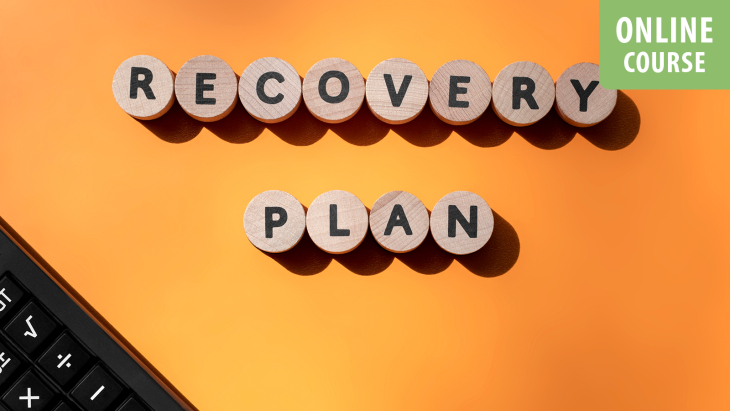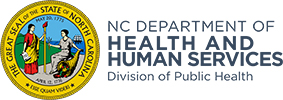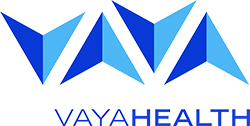Stimulant Use Disorders 201: What Healthcare Providers CAN Offer

Location
Dates & Times
Contact
Do you have event related questions or need help with registration?
AVAILABLE IMMEDIATELY!
Despite the prevalence and impact of stimulant use in the United States, current pharmacological treatment options have limited supporting evidence and none are FDA-approved for the treatment of stimulant use disorder. This program, developed by an addiction psychiatrist and family medicine physician, will review current treatment options and their supporting literature with an emphasis on what therapies to offer and which populations are most likely to benefit. This program is designed to build upon knowledge previously presented in Stimulant Use Disorder 101 and will address topics such as the provision of pre-exposure prophylaxis (PrEP) for harm reduction, the management of patients who use stimulants who may also have ADHD and the diagnosis and treatment of stimulant-induced psychosis. Participants will hear from a peer-led panel as they discuss their role, how they engage with patients with stimulant use disorder, utilizing harm reduction, and the ways that providers can best address their patients' needs.
MAHEC engages in evaluation activities to better understand the impact of our programs. By registering for this course, you agree that we may use your personal information in evaluative research regarding this program. Any reports published will be de-identified and reported in aggregate format.
Approximate time to complete the course: 120 minutes
Learner content includes: PowerPoint, Peer Video and Posttest
Participants will have 45 days from the date of their registration to complete this course. After that date, course materials will no longer be accessible.

